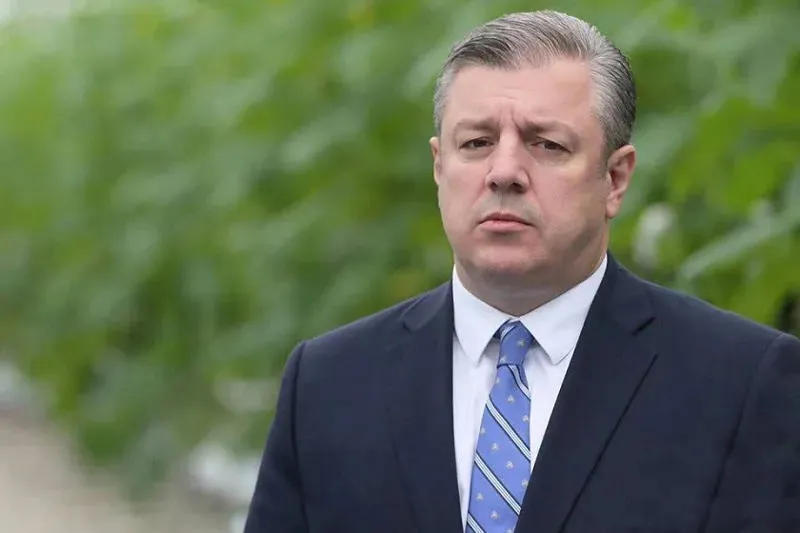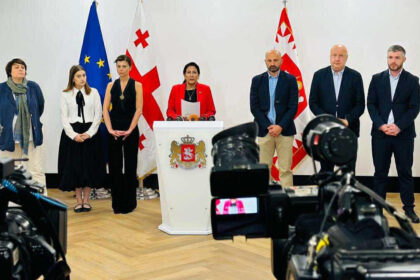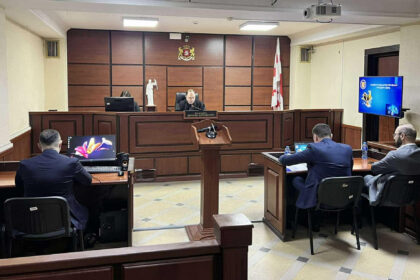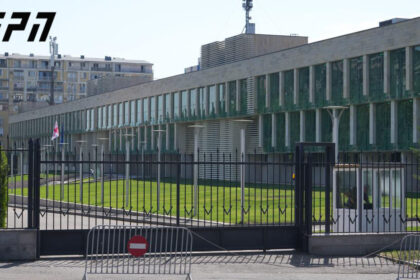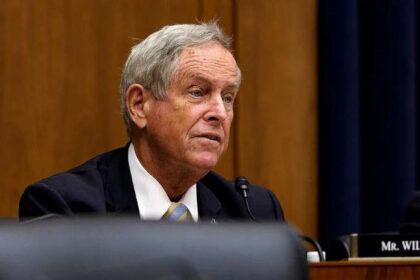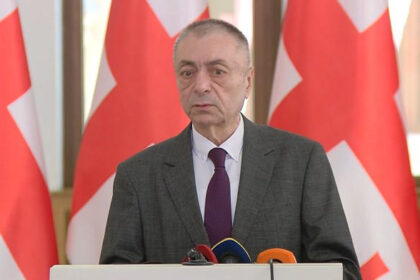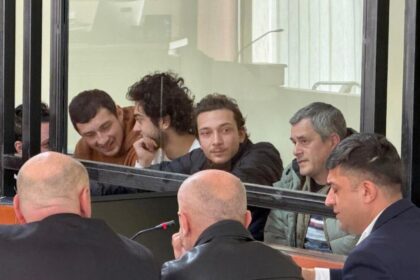**Government Urged to Release Detained Protesters**
In a rare display of bipartisanship, Georgia’s former Prime Minister Giorgi Kvirikashvili has called on the government to release detained protesters. This move comes as tensions in society remain high following a series of demonstrations against the government.
Speaking out on the issue, Kvirikashvili emphasized that releasing the detainees would be a significant step towards easing tensions and restoring calm. He argued that this gesture by the government would not be seen as a sign of weakness, but rather as a demonstration of its commitment to finding peaceful solutions to conflicts.
**A Step Towards Peace?**
The comments from Kvirikashvili highlight the need for the government to take concrete steps towards addressing the concerns of protesters. The detention of demonstrators has been widely criticized as heavy-handed and disproportionate. By releasing those held in custody, the authorities can begin to rebuild trust with citizens who feel their voices are not being heard.
Moreover, this move could pave the way for a more constructive dialogue between the government and civil society. It would demonstrate that the government is willing to engage in open and honest discussions about the issues affecting Georgians.
**Commentary**
The situation in Georgia remains volatile, and any attempt by the government to ease tensions through such gestures should be welcomed. However, it’s essential to remember that this is only a first step towards resolving the broader issues at play.
As Kvirikashvili noted, releasing detainees does not address the root causes of discontent. The government must also work towards addressing the economic and social concerns that have driven people onto the streets in the first place.
**Analysis**
In recent years, Georgia has experienced a significant rise in protests against the government. These demonstrations have highlighted deep-seated concerns about issues such as corruption, inequality, and freedom of speech. By releasing detained protesters, the government can begin to repair relationships with citizens who feel disillusioned and disconnected from the decision-making process.
However, this move should not be seen as a one-time gesture aimed at appeasing critics. Rather, it should be part of a broader effort by the authorities to listen to citizens’ concerns, engage in constructive dialogue, and implement meaningful reforms.
As Kvirikashvili urged, “Release these people! This will significantly contribute to easing tensions in society…” The government would do well to take his words to heart.




